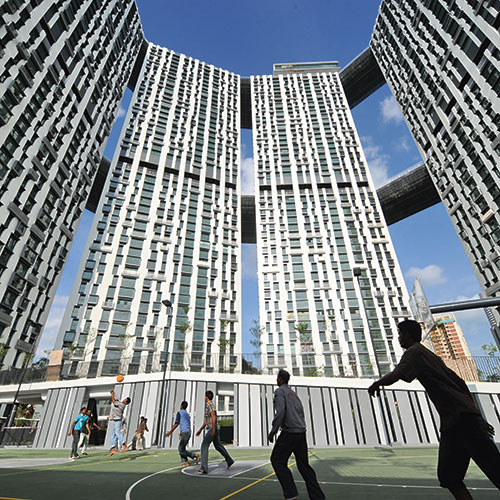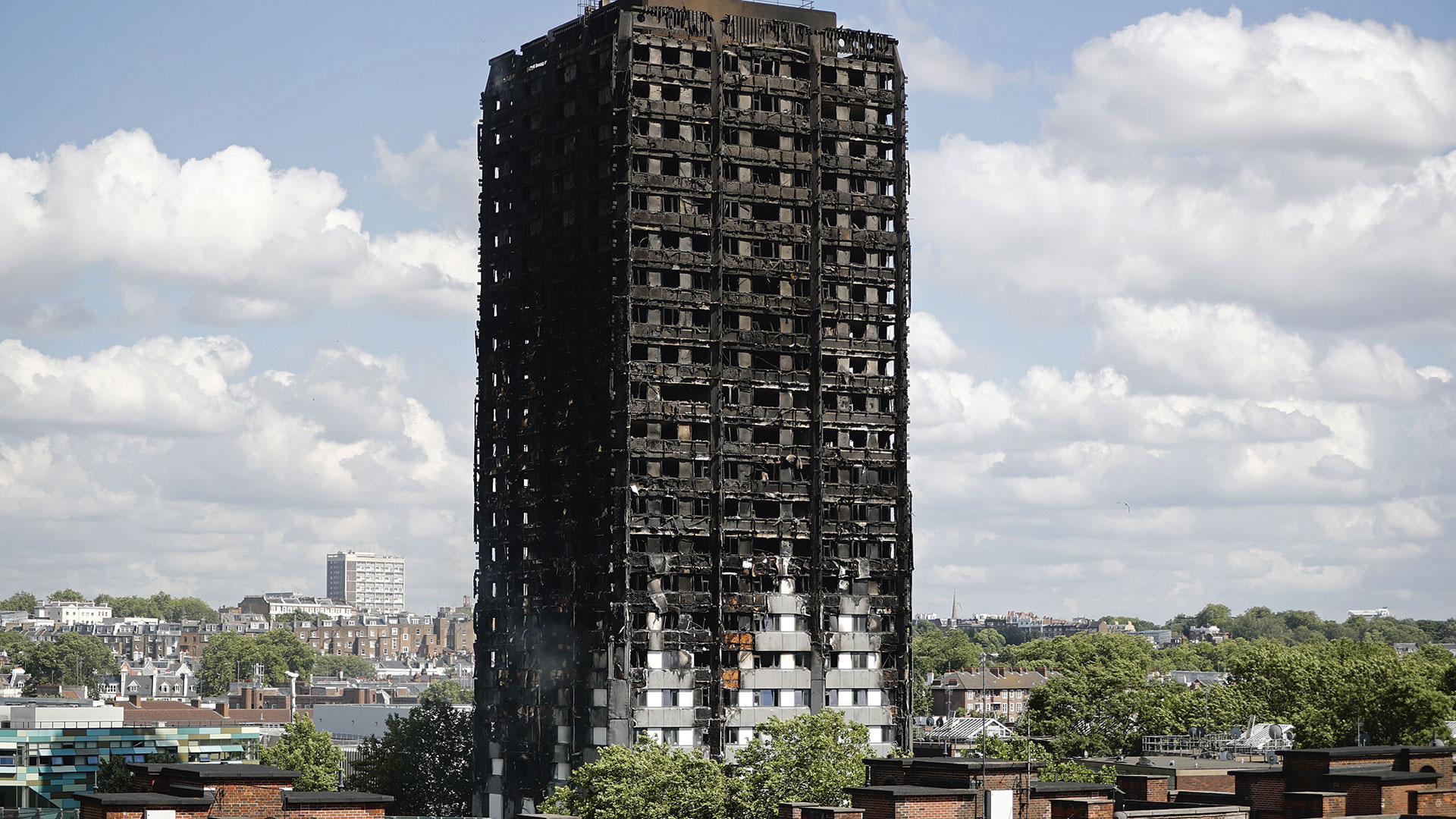I wrote last year about ‘sociable’ housing as opposed to ‘social’ housing. My comments caused someone to write to tell me that it wouldn’t work in practice. That the idea of mixing people of various occupations, and pay levels, to break up a ghetto of only the poorest and the dispossessed was utopian.
I did not get into an argument with this particular correspondent because she gave me some anecdotes that would have been easy to dispute or question with other anecdotes. For as I have often said, “you are only as good as the anecdotes you choose to believe.” But who wants to get involved in ‘anecdote swapping’? I certainly did not, but I can say that I have known quite a few socially mixed areas that have kept together and did not produce the failures my correspondent referred to. ‘Sociable’ housing seems a brilliant preference to me over ‘social’ housing, because social housing can ghetto-ise people in need. And we know that ghettos produce numerous other problems including reduced aspirations and opportunities.
Ghettos are the result of separatism, that apartness (from which the word apartheid comes) which is often created by the great and the good, as with the establishment of grammar schools after the Second World War to cream off the high achievers of the working class to manage the system. And of course, any well-heeled university is often a well-oiled consortium of people from a certain group in society, although various governments have tried to punctuate that separatism by insisting on giving others a fair crack of the whip.
Yet, there have been attempts to deliberately dismantle separatism, as in Singapore, where various ethnicities are mixed together block-by-block in social housing, so to enable different peoples to get to know others. In the words of prime minister Lee Hsien Loong, they’re doing their damnedest to avoid a “stratified social system, with each class ignoring the others, or pursuing its interests at the expense of others”.

While Singapore’s examples have imperfections they are at least recognition of the need to break open the ghettos. If the hand is not wise social engineers know there will be cock-ups and fights and strains. But if there is education and integration we know it can work.
The council, unable to integrate these people or meet their needs, put them together and forgot about them. High-rise ghettos are still ghettos
I was reminded of these issues when I looked at photos of the Grenfell Tower disaster, and those who actually lost their lives. It was as if the local authority had swept people up from various parts of the borough and placed them in Grenfell from all parts of the world. That tower was home to African and European migrants. Refugees and asylum-seekers. Black British and the white working class of London. The council, unable to integrate these people or meet their needs, put them together and forgot about them. One of the greatest tragedies is that so many people who were escaping bitterness and sometimes civil war in their own countries got caught up in neglectful and dangerous living conditions. High-rise ghettos are still ghettos.











